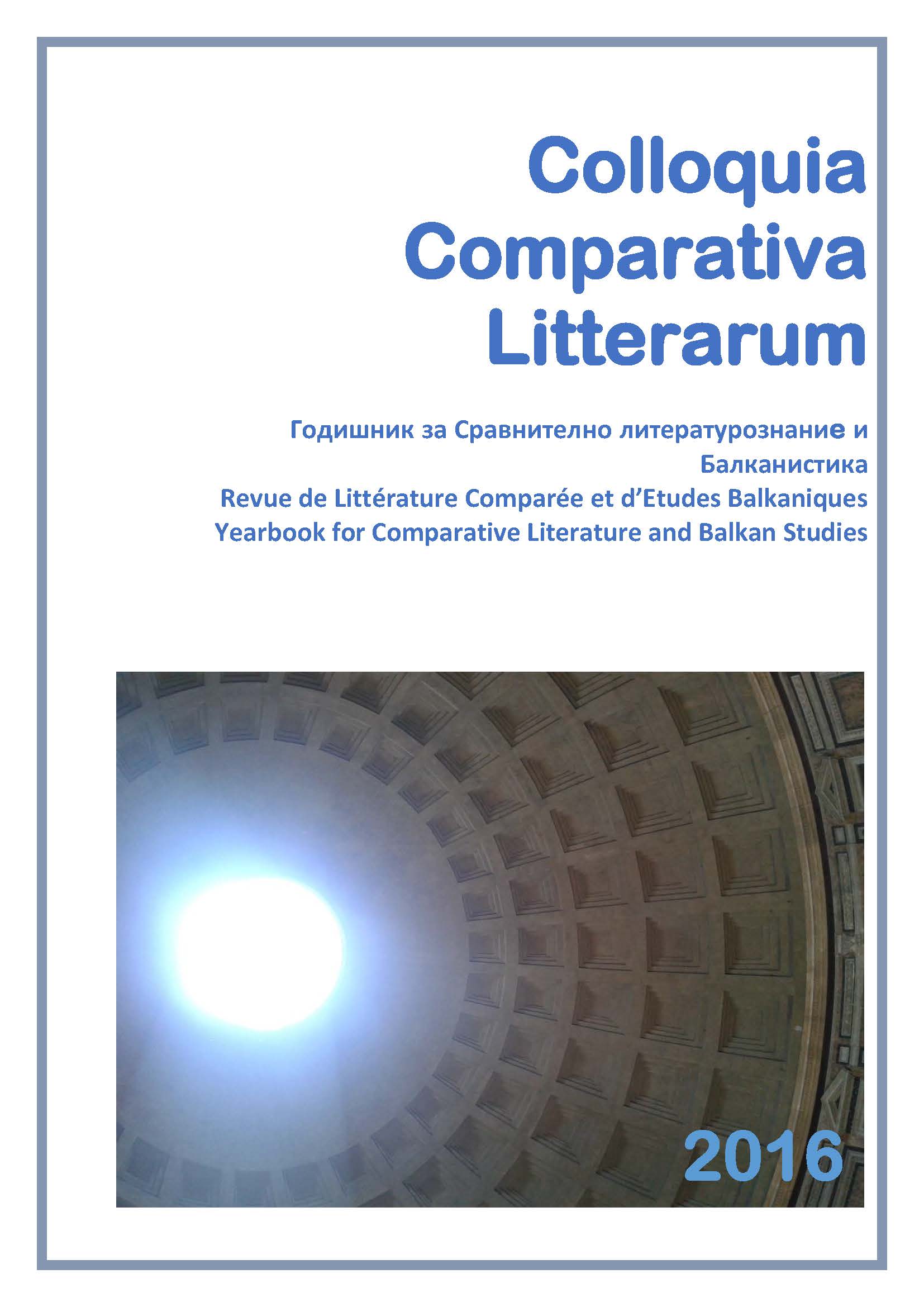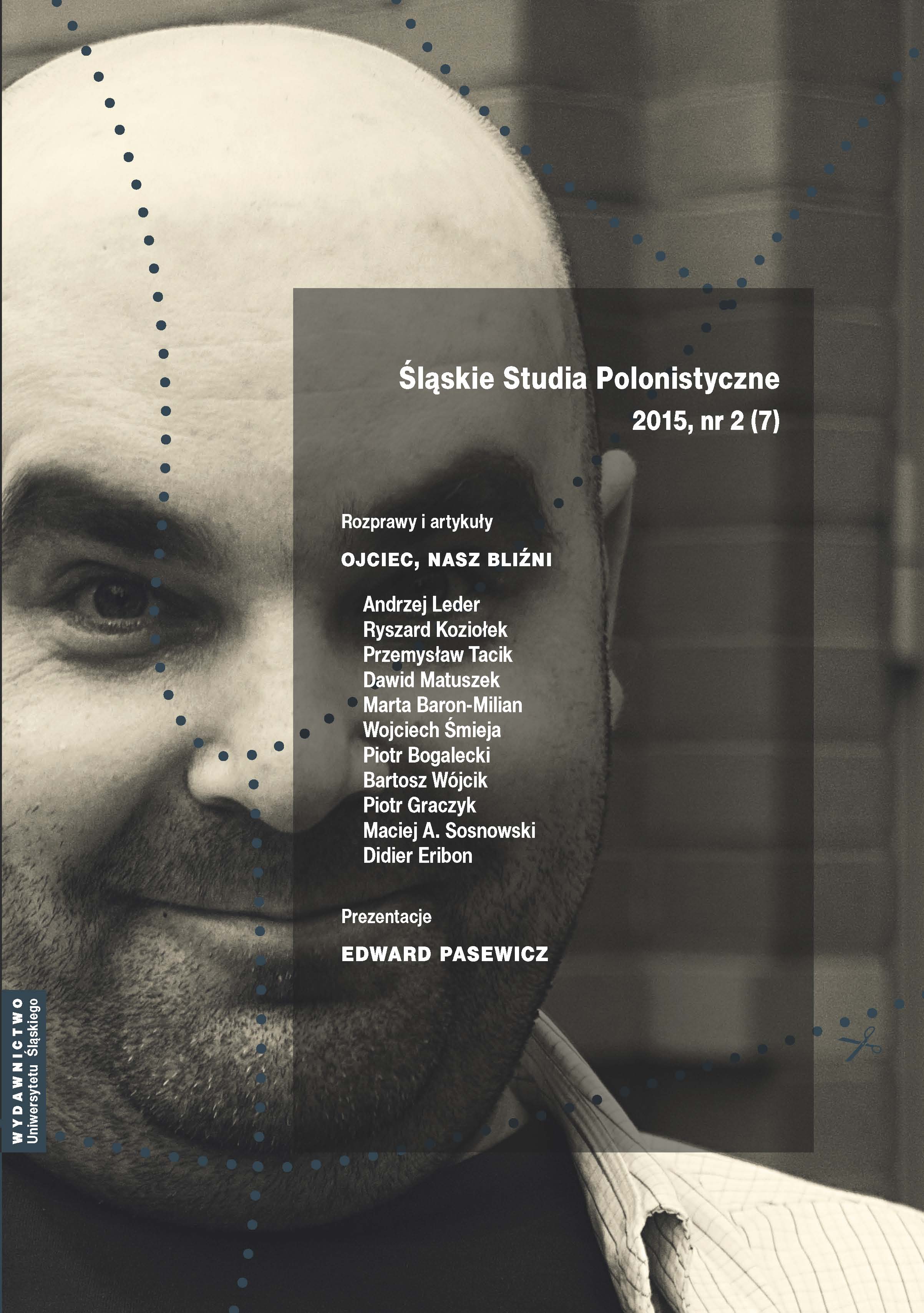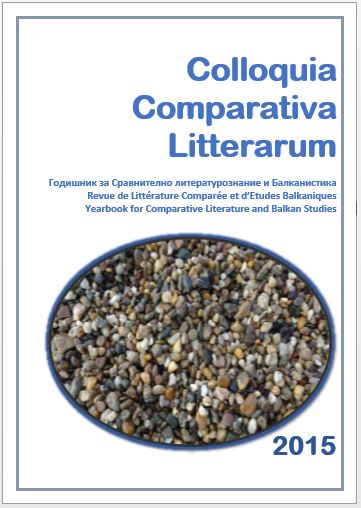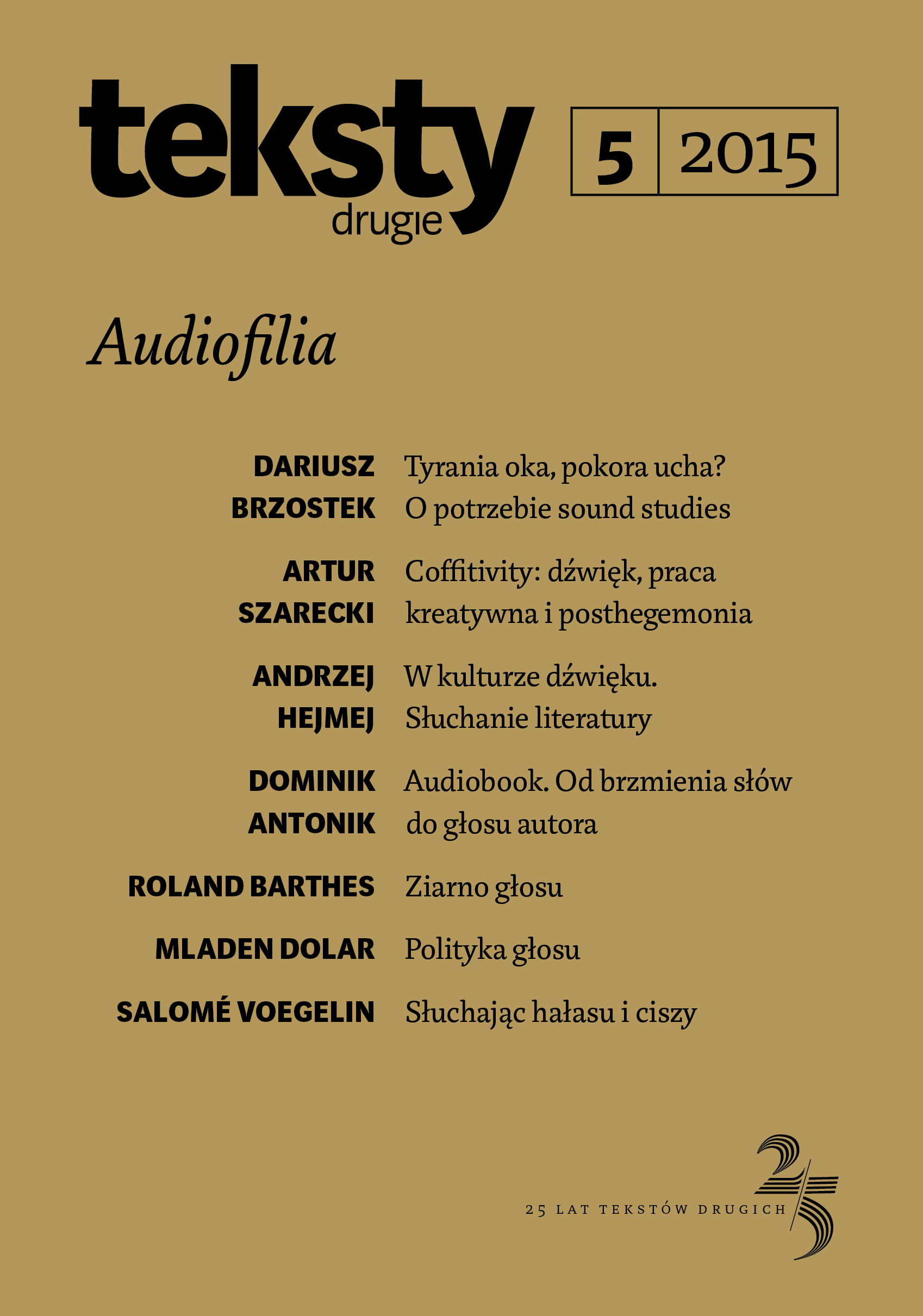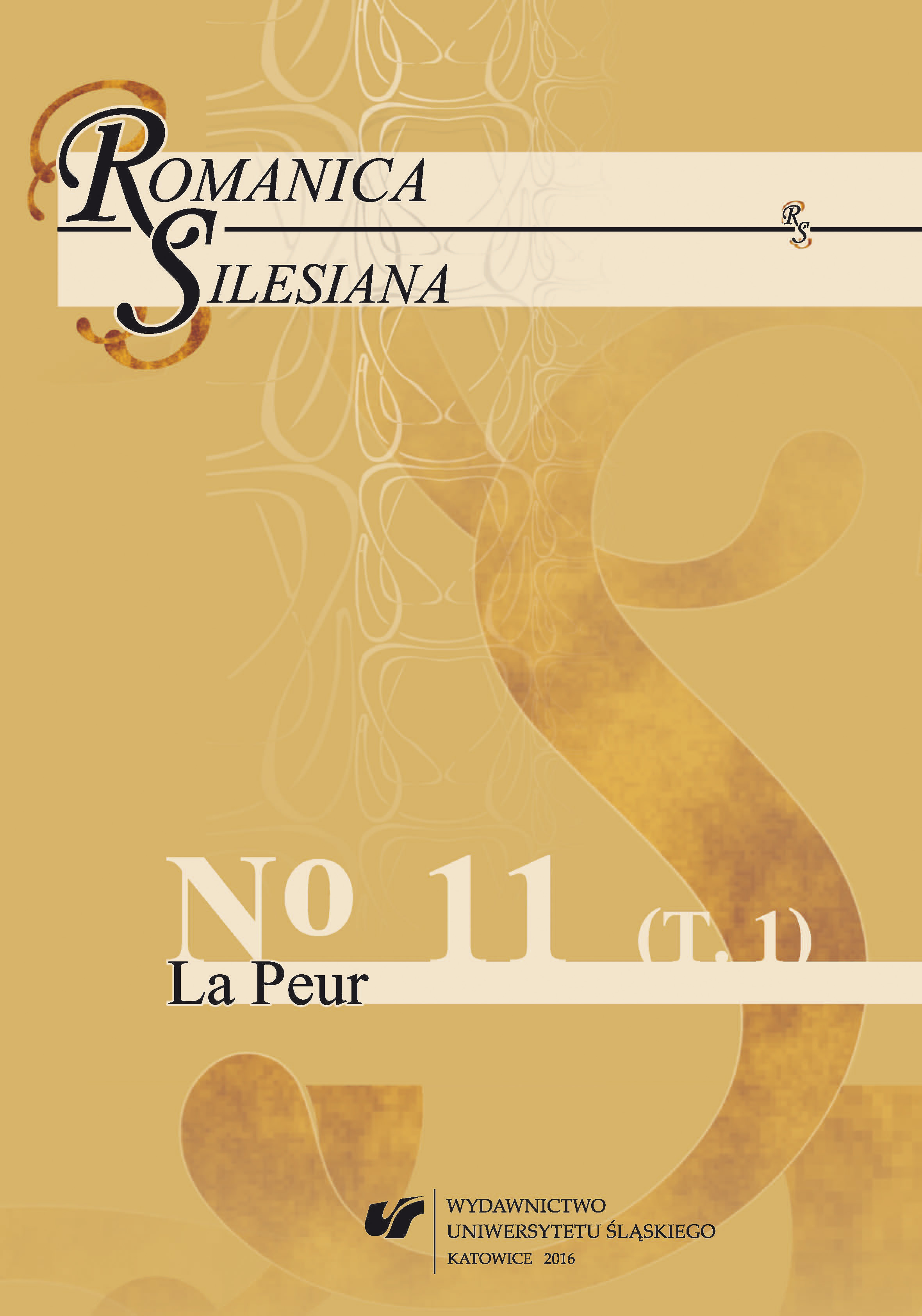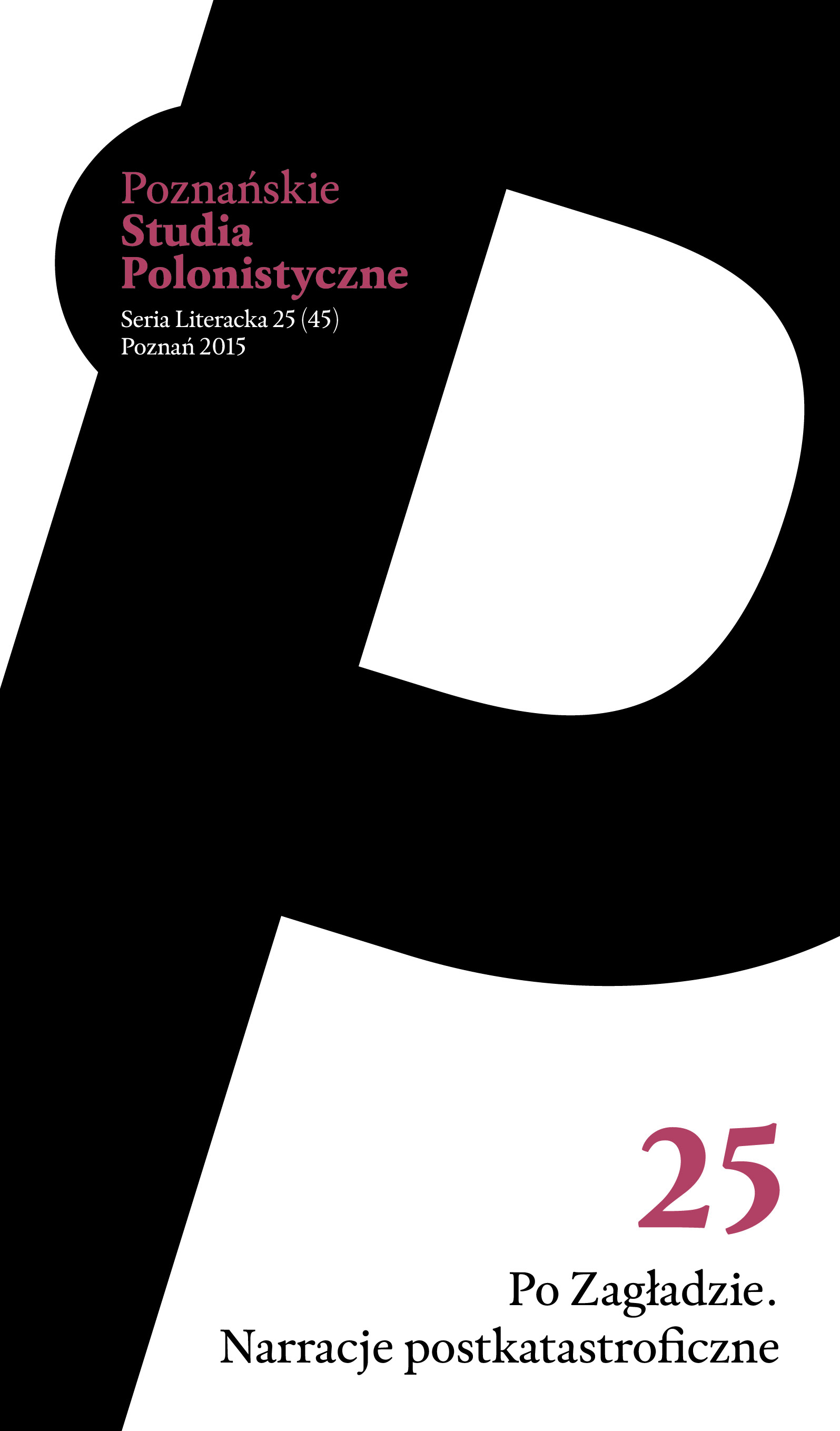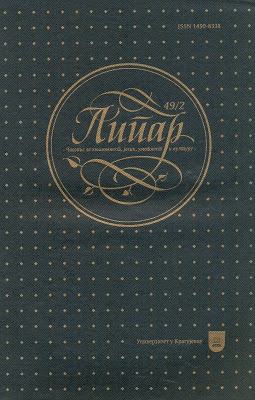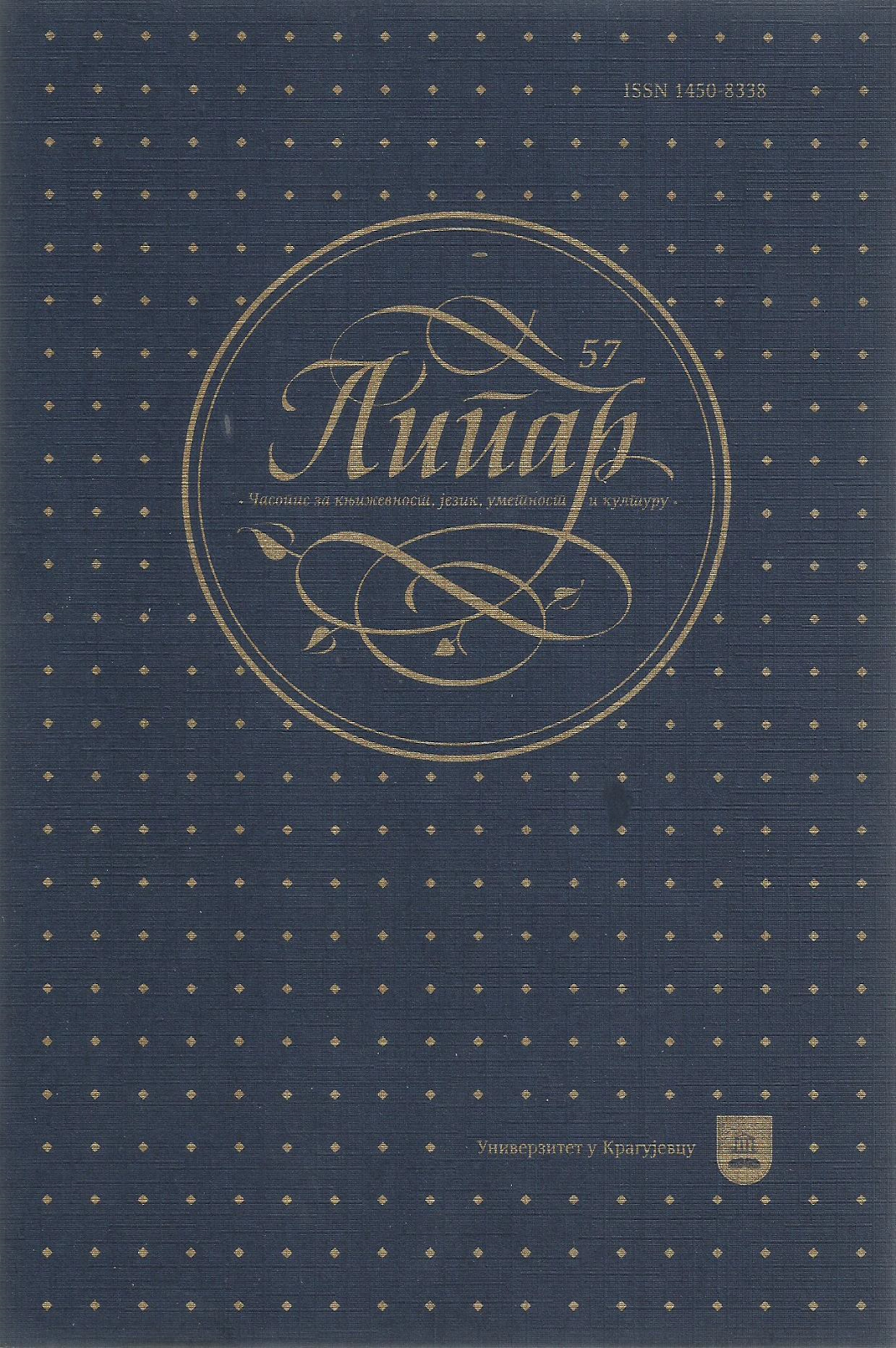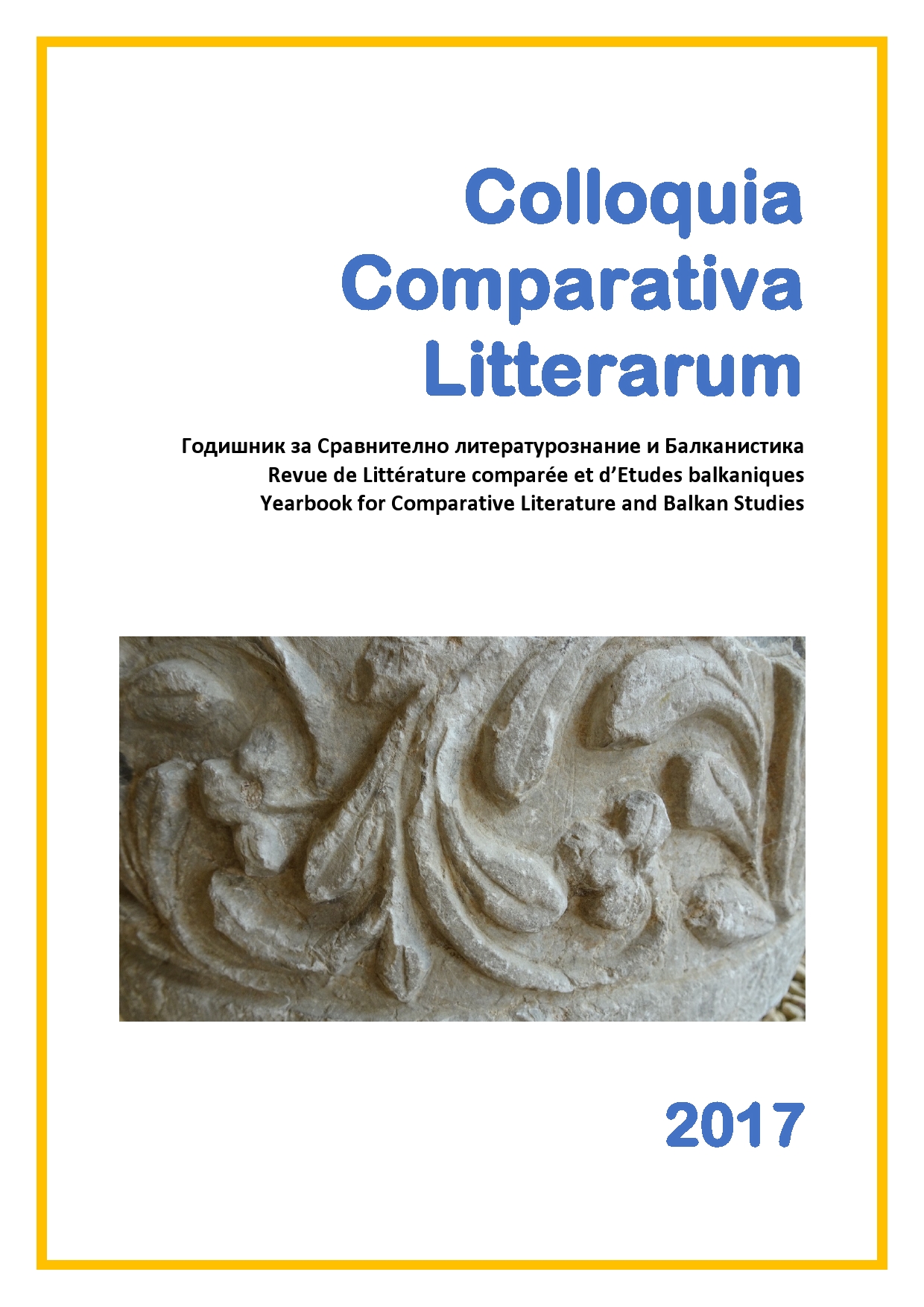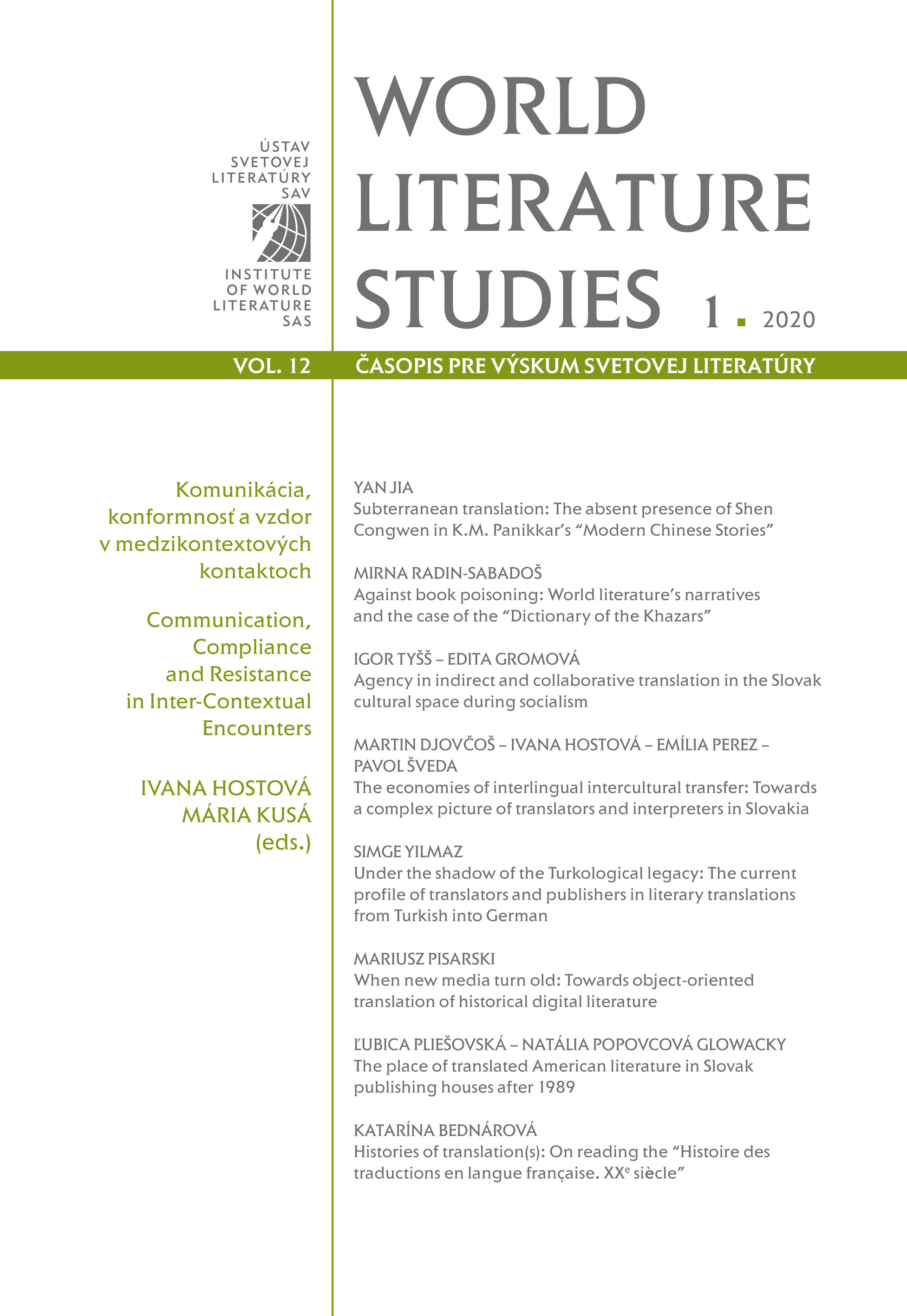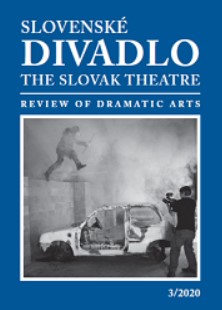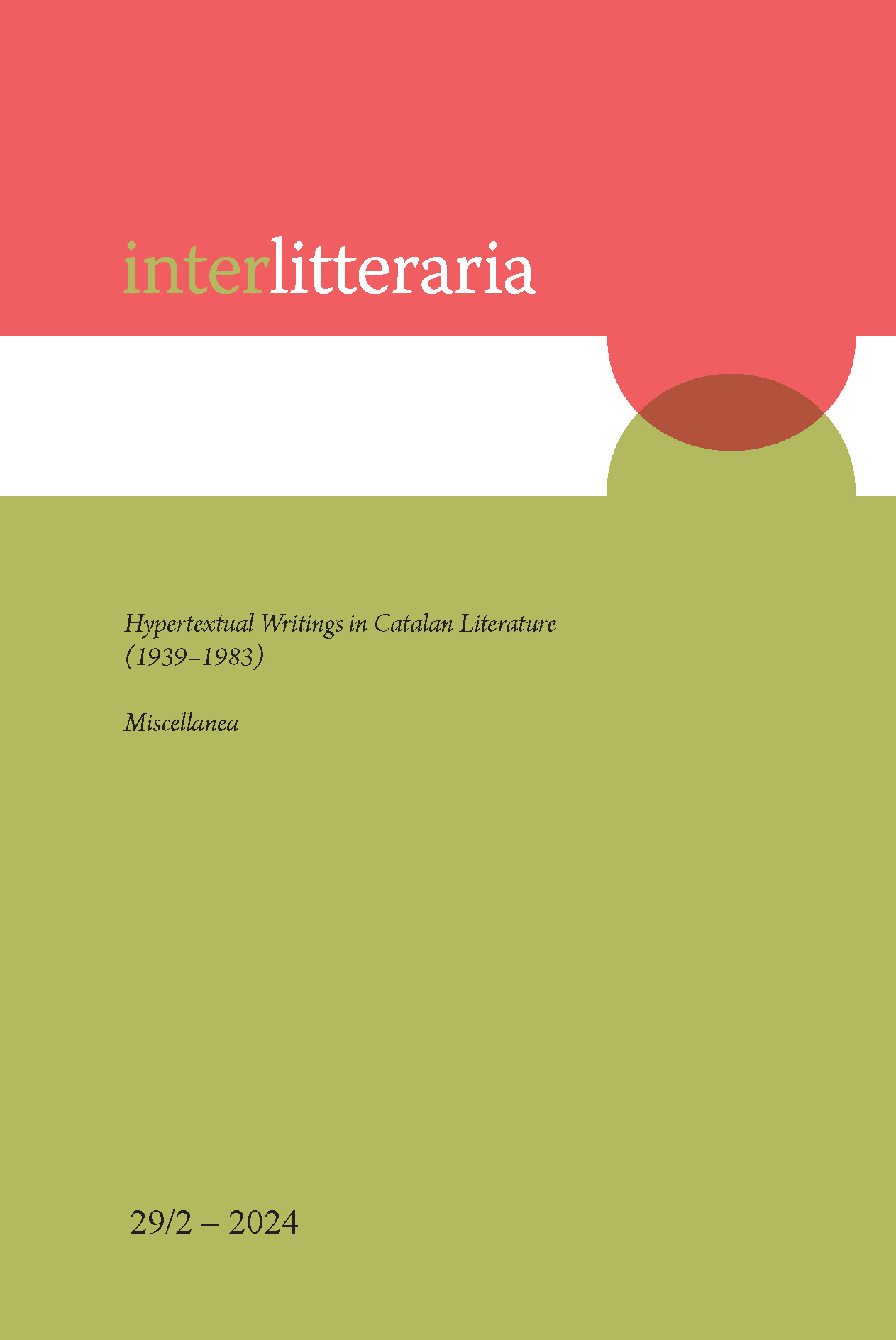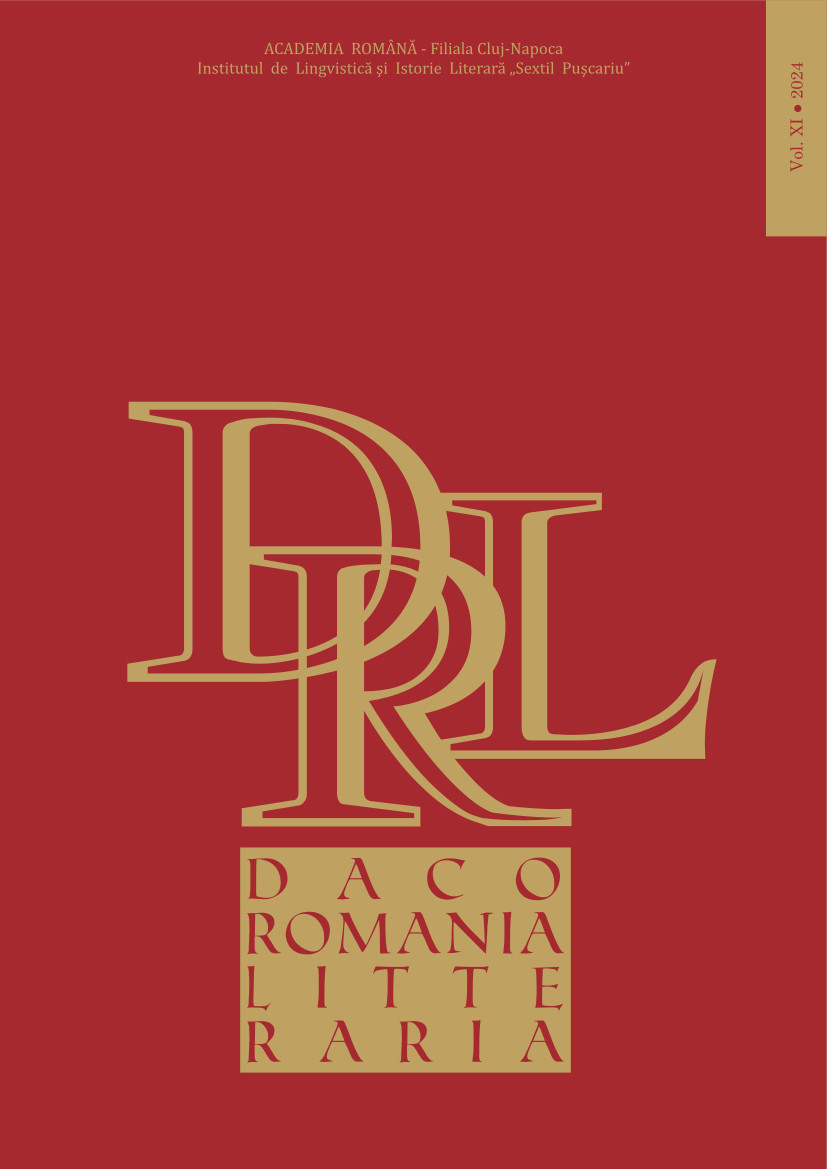Author(s): Liudmyla Parfeniuk, / Language(s): French
Issue: 2/2024
Melancholy and the Spatio-temporal Aspect of Identity in Le pion sur l’échiquier (The Pawn on the Chessboard) by Irène Némirovsky. After the age of doubt enshrouding human subjectivity during the postmodern period, the question of the subject is back on the table. However, the return of the subject is not unproblematic. The subject today carries the traces of its earlier problematisation. Much less disengaged and much more contextual, the subject needs a revalidation that would avoid modernist dogmatism and postmodernist nihilism. The narrative mode of understanding is seen as having the potential to open up a middle way between the totalising exclusions of modernity and the nihilism of postmodernity. However, some voices have pointed to the totalising tendencies of narrative theories, which place too much emphasis on integration and synthesis. These tendencies, it is believed, can be neutralised by theories that focus on the dialogical nature of the subject. This article offers a reading of the novel The Pawn on the Chessboard (Le pion sur l’échiquier) (1934), by Irène Némirovsky, as such, as the book offers a balanced model of the configuration of subjectivity by combining elements of the narrative configuration with dialogical ones. Némirovsky’s prose combines classical narrative with clear structure and linearity and an aesthetic marked by incompleteness, fragmentation and a tendency to avoid the strict limits of plot. Some of her stories are incomplete, uncertain, their endings false or non-endings, leaving the characters exactly where they have always been or leading to the dissolution of the characters’ identities. Paul Ricoeur’s theory of narrative identity, which focuses on unity and synthesis as the necessary prerequisite for the emergence of the sense of selfhood, and the concept of dialogical self developed by Mikhail Bakhtin, which favours incompleteness and openness, will be used to analyse the process of identity formation of the characters in The Pawn. The emphasis will be placed, in particular, on the spatio-temporal aspect of identity constitution of the characters, and on the effect of melancholy on this aspect. Melancholy, it will be argued, disrupts the characters’ normal flow of temporality, trapping them in the melancholic ‘absolute present’. However, this triggers new mechanisms for the formation of the characters’ identities and the composition of the novel. As these mechanisms are inscribed in the spatial dimension, space becomes an additional device, participating in the configuration of time in the novel and supporting composition where the structuring function of emplotment is weakened.
More...
